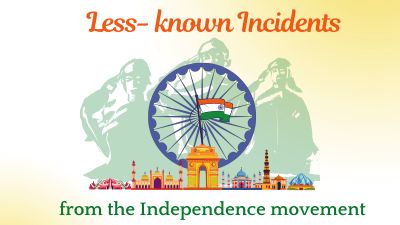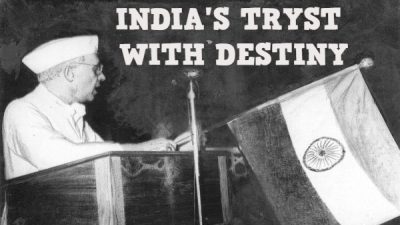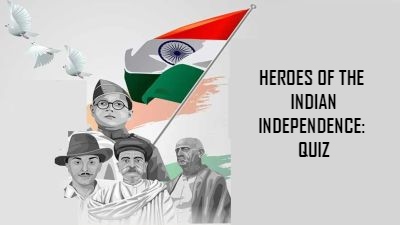Have you heard the phrase “Tryst with destiny”? It is inextricably connected with India’s first Prime Minister, Jawaharlal Nehru.
On the eve of August 15, 1947, India’s first Prime Minister spoke to the Constituent Assembly in Parliament. Considered one of the greatest orations of the 20th century, it captures the essence of the struggle for Indian independence. Here are some excerpts that continue to resonate even in today’s world:
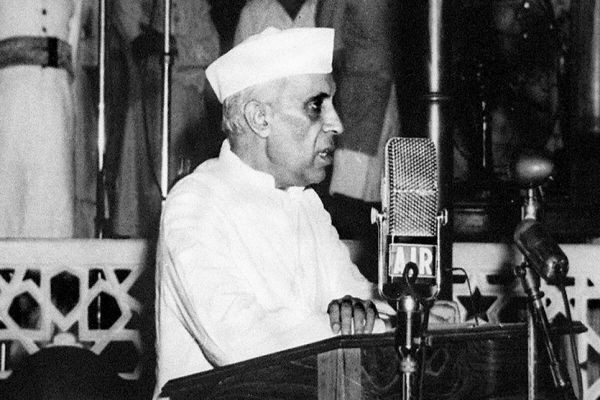
Long years ago we made a tryst with destiny, and now the time comes when we shall redeem our pledge, not wholly or in full measure, but very substantially. At the stroke of the midnight hour, when the world sleeps, India will awake to life and freedom. A moment comes, which comes but rarely in history, when we step out from the old to the new, when an age ends, and when the soul of a nation, long suppressed, finds utterance.
It is fitting that at this solemn moment we take the pledge of dedication to the service of India and her people and to the still larger cause of humanity…
Freedom and power bring responsibility. The responsibility rests upon this assembly, a sovereign body representing the sovereign people of India. Before the birth of freedom we have endured all the pains of labour and our hearts are heavy with the memory of this sorrow. Some of those pains continue even now. Nevertheless, the past is over and it is the future that beckons to us now…
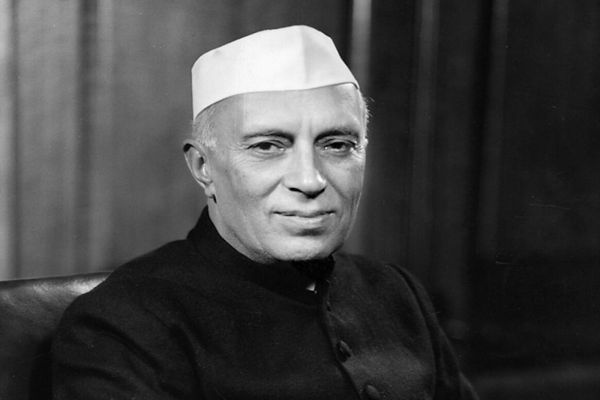
This is no time for petty and destructive criticism, no time for ill will or blaming others. We have to build the noble mansion of free India where all her children may dwell…
It is a fateful moment for us in India, for all Asia and for the world. A new star rises, the star of freedom in the east, a new hope comes into being, a vision long cherished materialises. May the star never set and that hope never be betrayed!
We are citizens of a great country, on the verge of bold advance, and we have to live up to that high standard. All of us, to whatever religion we may belong, are equally the children of India with equal rights, privileges and obligations. We cannot encourage communalism or narrow-mindedness, for no nation can be great whose people are narrow in thought or in action.
Now here’s an activity for you. The text below is a short biography of Nehru. But some words are missing. Can you drag and drop the words from the column on the right into the correct place to complete the paragraph?


